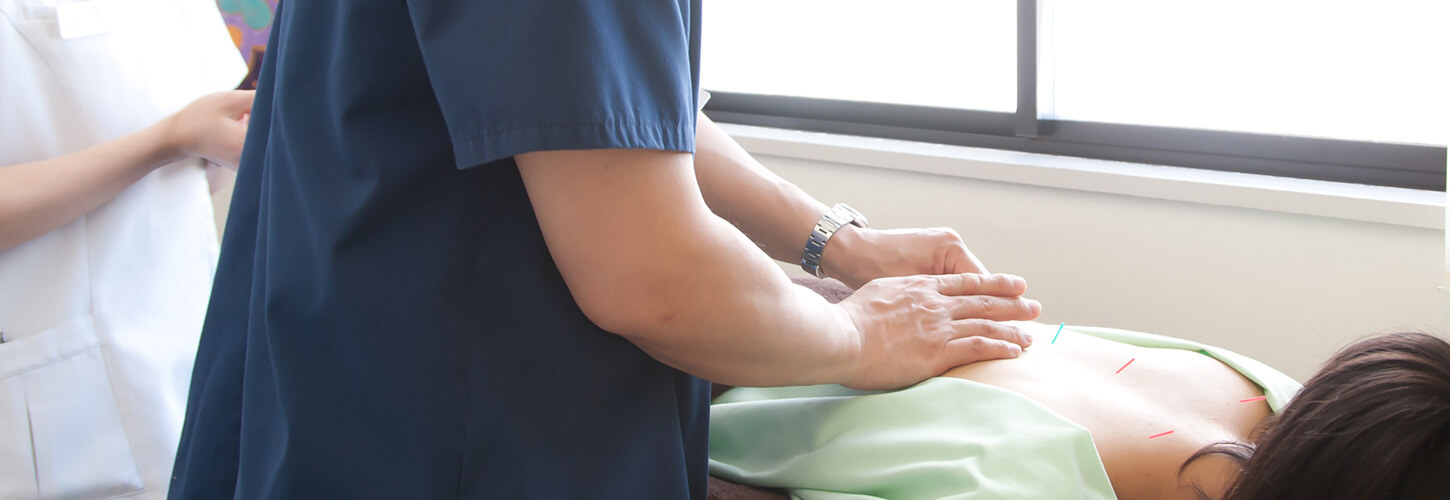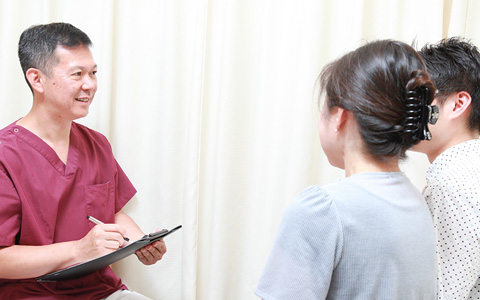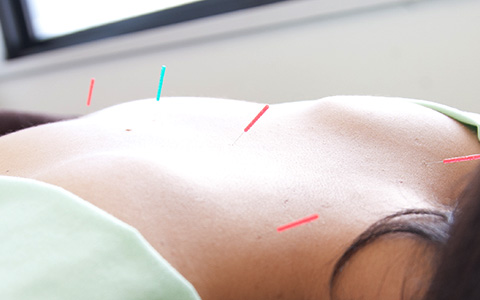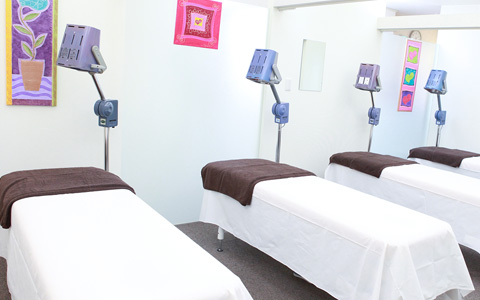What is Thrush?
Thrush is a fungal infection most commonly caused by Candida albicans fungus. It is normally present in the mucous membranes of the mouth, intestinal tract, the vagina and the skin of healthy people. However, on occasion there is an excessive growth of fungus, which causes minor infections. One variation, chronic mucocutaneous candidiasis, affects the skin, nails and mucous membranes, and in rare cases spreads throughout thebodyandresultsinsystemicthrush.Systemicthrush can cause damage to the heart, lungs, brain or kidneys.
Symptoms
Vaginal thrush:
- Vaginal itching.
- A white cheesy-looking discharge
Oral thrush:
- Creamy, yellow, raised sores in the mouth and the throat
Mucocutaneous candidiasis:
- Red, itchy skin patches
- Redness and swelling around the nails
- Oral and vaginal thrush
- Hair loss
Systemic thrush:
- Fever
- Headache
- Weakness
- Specific symptoms indicating endocarditis, blood poisoning, meningitis or pneumonia
What causes Thrush?
Candida albicans is almost always present in the body, but bacteria that are also present usually keep it under control. Sometimes these bacteria fail in their task, allowing fungal overgrowth and infection. Thrush may develop when your resistance is low due to illness. It also occurs as a side effect of antibiotic treatment for a bacterial infection since antibiotics may destroy not only the bacteria causing the illness, but also the beneficial bacteria that control fungal growth. Thrush is particularly common in people who have diabetes, since excessive blood sugar promotes fungal growth. Oral thrush is most common in babies, the elderly, and those who are weakened by illness. In the last of these, the infection may spread to the esophagus (gullet) making swallowing difficult. The variation chronic mucocutaneous candidiasis is often associated with an endocrine hormone abnormality, such as an under active thyroid or Addison’s disease.
Systemic thrush infections are most likely to occur in:
- People with AIDS, leukemia, or poorly controlled diabetes.
- Drug abusers, including chronic alcoholics and intravenous drug addicts.
- People who are taking regular antibiotic or anticancer drugs.
What can I do to avoid Thrush?
- If you have diabetes, maintain strict control of your blood sugar levels.
- Avoid the excessive use of alcohol.
- Do not use intravenous drugs.
- Do not take any antibiotics unless prescribed by your doctor.

Fertility Treatment
Other Areas of Expertise
Acura Acupuncture Clinic Tokyo
(Shibuya St., Omotesando St., Aoyama)
Please contact us to make an appointment.
Office Hours (Closed on Tuesday)
10:00 – 21:00 (Mon / Wed)
9:30 – 21:00 (Thu)
9:30 – 19:00 (Fri)
9:30 – 18:00 (Sat, Sun, National Holidays)



